It was an important part of a great year for cinema

1999 was a banner year for movies, a culmination of exceptional projects from interesting, rising directors gripping a hold of the public consciousness. You had the Wachowskis and The Matrix. Paul Thomas Anderson and Magnolia. David O. Russell and Three Kings. Spike Jonze and Being John Malkovich. Alexander Payne and Election. Entertainment Weekly even had a cover story about how the last year of the 20th century was “The Year That Changed Movies.” As journalist Jeff Gordinier wrote, “Someday, 1999 will be etched on a microchip as the first real year of 21st-century filmmaking. The year when all the old, boring rules about cinema started to crumble.”
As singular a film as Fight Club is, it also works as one fiery bullet in a canister of explosive titles that ushered in a new wave of directors, who did not just have ideas on what a film could say but how it could say it. Fight Club spoke of the restlessness and ennui of the American male, but so did Office Space and American Beauty, both of which are cunning satires that break down the corporate system. Meanwhile, the bold, frenetic visual style had a similar sensory overload to titles like The Matrix and Run Lola Run. Its twisty ending, which bears similarity to one of the year’s sleeper hit, The Sixth Sense, showed an interest in escaping the shackles of conventional storytelling.
Audiences were looking for films that got them excited and invigorated, with characters that spoke to them about things that mattered. Suddenly, it seemed that people wanted new stories and they had found a generation of independent filmmakers, many of whom were iconoclasts in a major studio environment, who reignited this love for storytelling. Fight Club is a movie of its moment, but it shares its acerbic wit, its pop philosophy and its cutting creative capacity with at least half a dozen titles from the same year. No meaningful dissection of this new wave of American cinema, fueled with big ideas and bold creators, would be complete without Fight Club’s place within the zeitgeist.




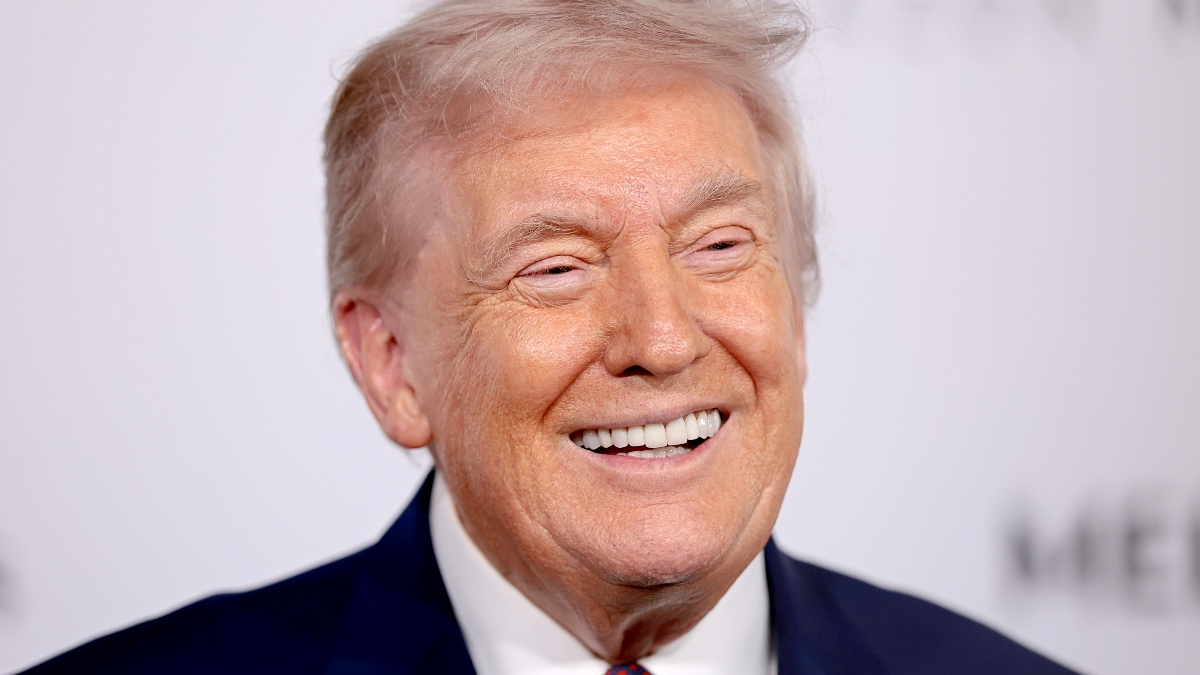
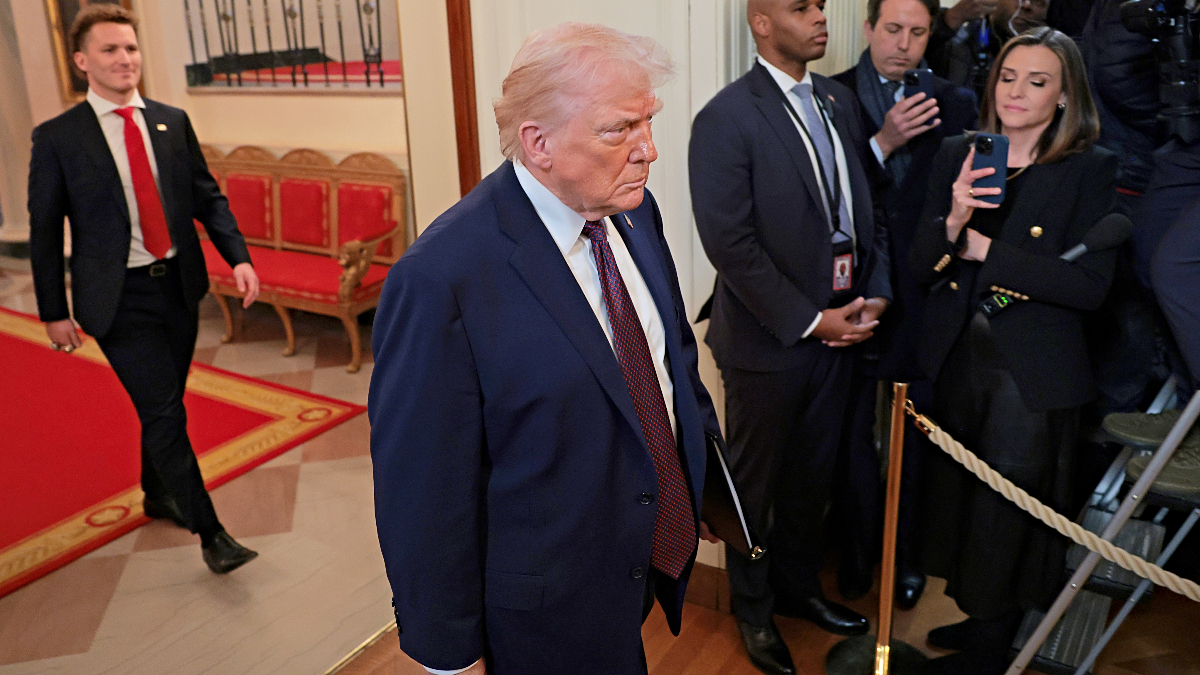
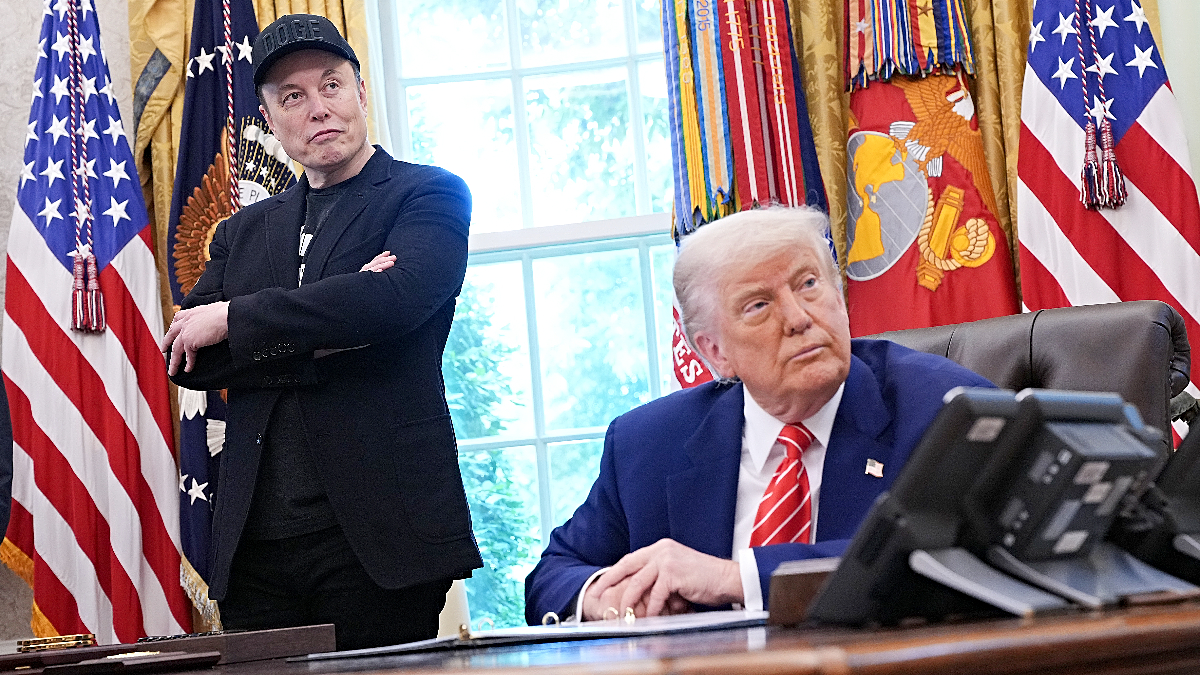
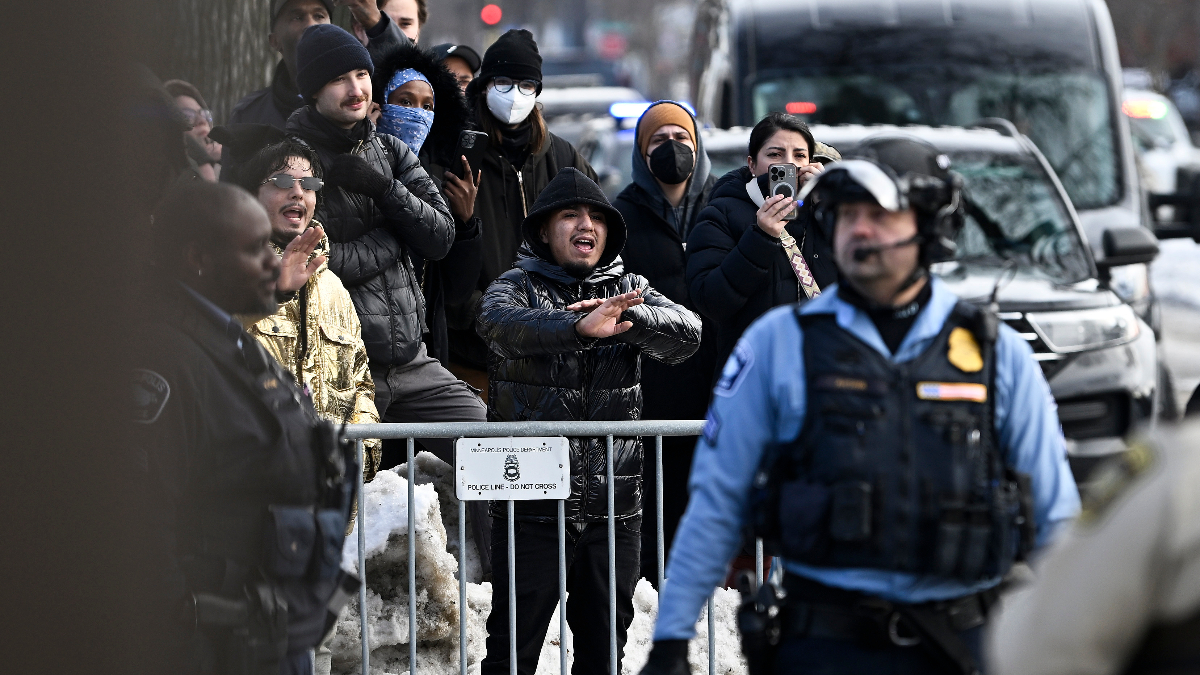

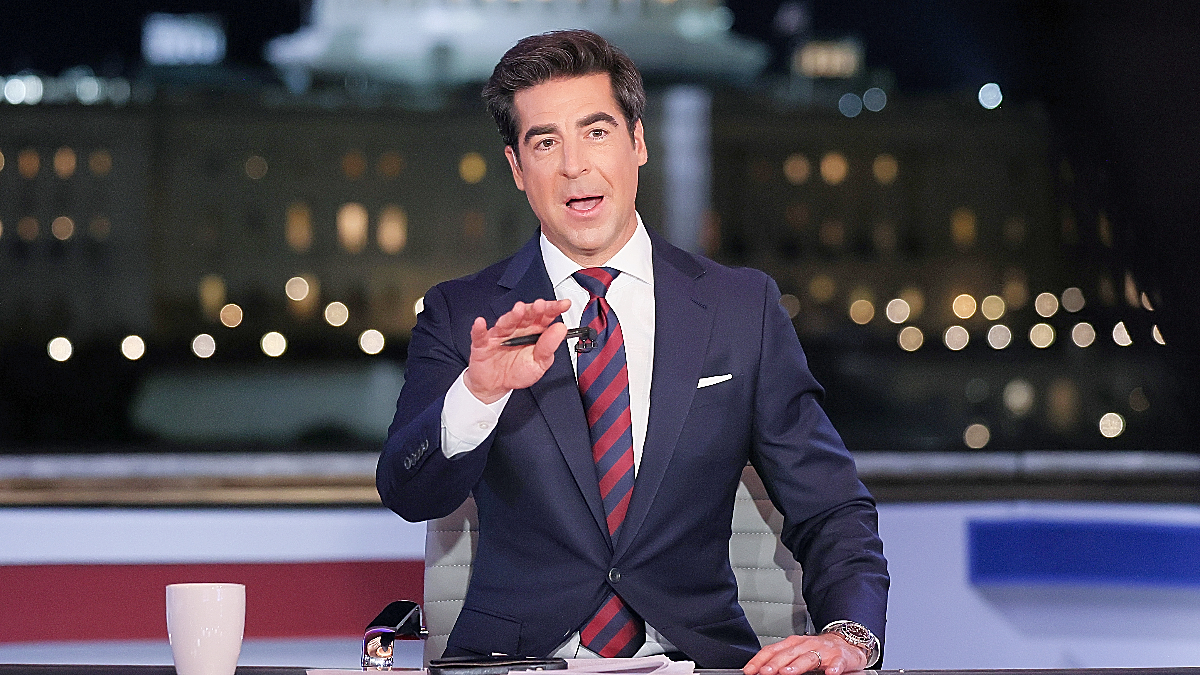
Published: Oct 14, 2014 11:55 pm